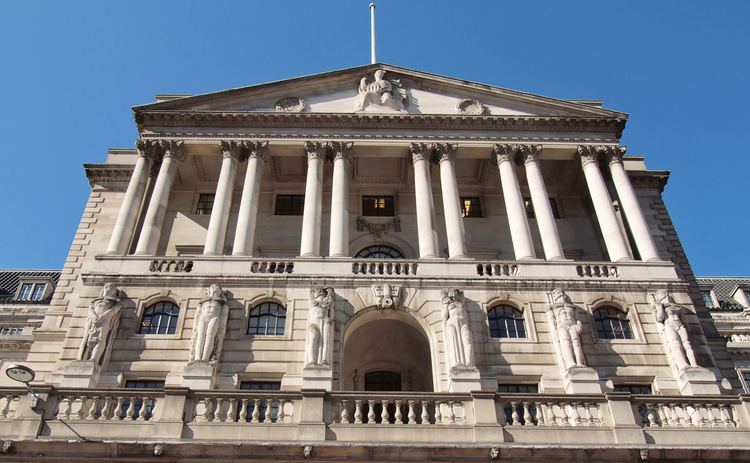The Bank of England (BoE) has called on banks and insurers to do all they can to tackle the growing impact of climate change, warning that those who fail to manage climate risks as a “first-order” issue could face a 10% to 15% hit to annual profits and higher capital requirements.
The BoE, In its first comprehensive stress test of how Britain’s financial system will cope with climate change and the shift to a net zero-carbon economy by 2050, said that action now would lower future costs.
BoE Deputy Governor, Sam Woods in a speech, said that the first key lesson from this exercise is that over time climate risks will become a persistent drag on banks’ and insurers’ profitability – particularly if they don’t manage them effectively.
Read also: Report shows Ukraine war prompting fossil fuel ‘gold rush’
“While they vary across firms and scenarios, overall loss rates are equivalent to an average drag on annual profits of around 10-15%.” he was quoted as saying.
While the Bank of France was the first among central banks to undertake a climate stress test of banks and insurers, Fitch said that the BoE test was the toughest by a central bank so far.
According to reports, banks across the world face increasing pressure from climate activists to cut financing to fossil fuel projects. While the European Central Bank has planned a test for this year, the U.S. Federal Reserve has not begun such an exercise.
In his reaction, David Barmes, senior economist at Positive Money, which campaigns for a sustainable economy said that “Outright restrictions on lending to new fossil fuel projects must now be on the table”.
For Woods, banks and insurers would need to continue financing more carbon-intensive sectors of the economy to help them transition to a low carbon future.
“Cutting off finance to these corporates too quickly could prove counterproductive, and have wide-ranging macroeconomic and societal consequences, including through elevated energy prices – potentially akin to those whose negative effects we are experiencing today.”
Story was adapted from Reuters.
